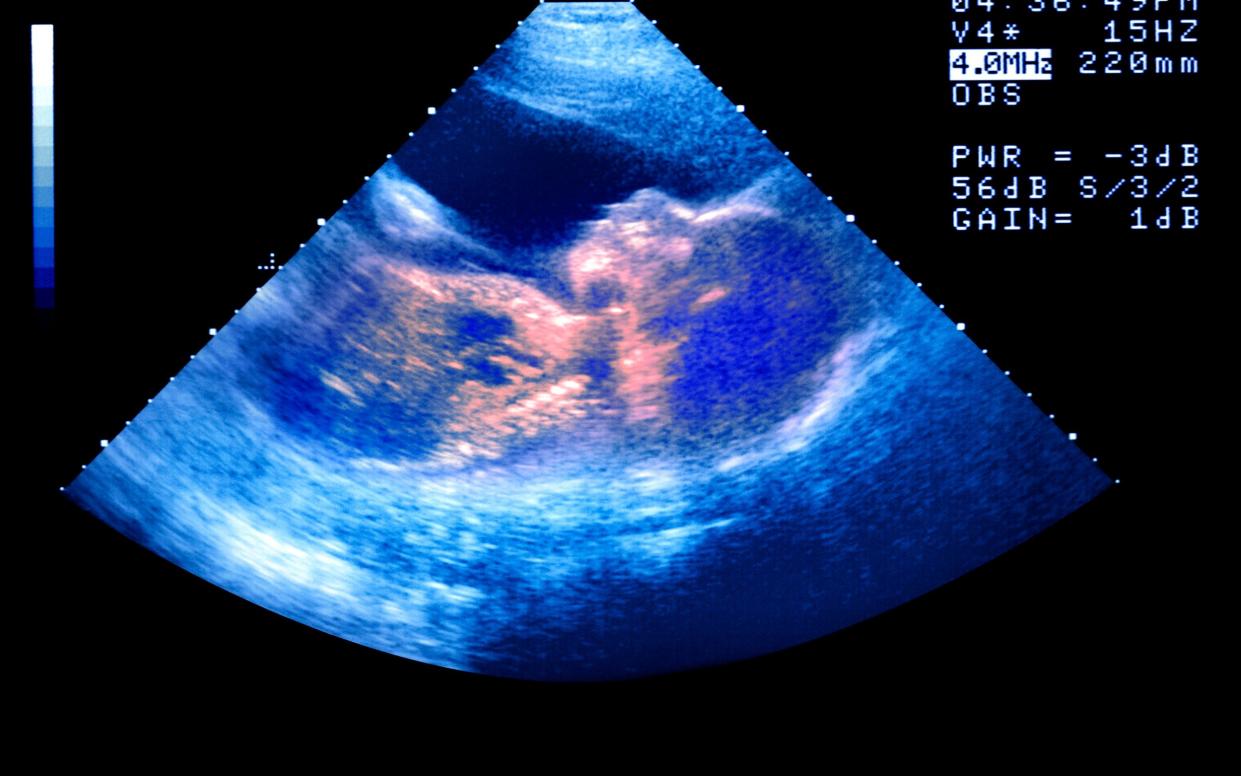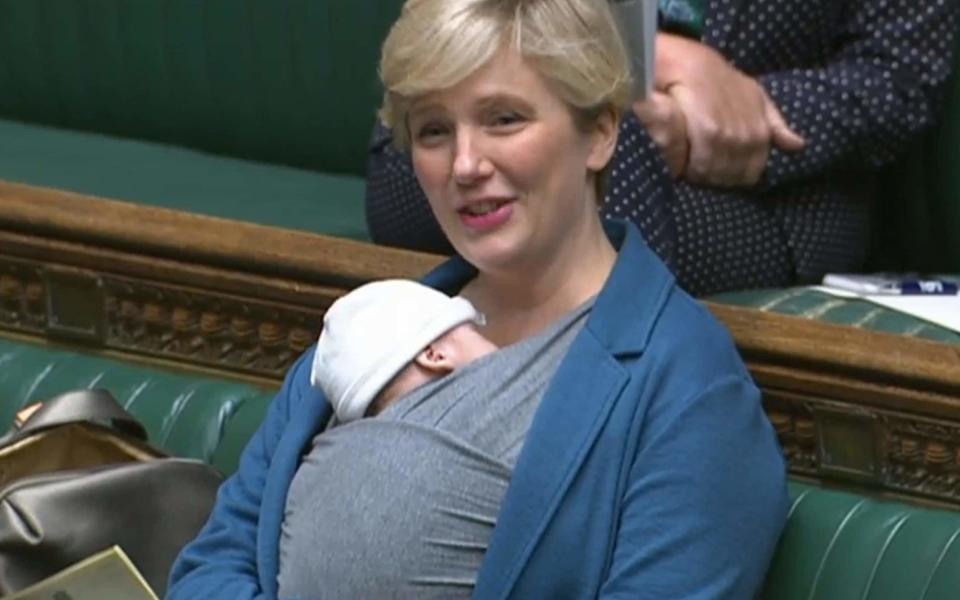Abortion law changes ‘could lead to sex selection of foetuses’

Proposals to decriminalise abortion up to 24 weeks will open the door to sex selection of foetuses, campaigners have claimed.
An amendment to the Criminal Justice Bill – which is due to be debated next week – would end the prosecution of women if they abort before 24 weeks.
However, there are fears that women will face pressure to abort foetuses because they are female, opening the door to sex selection.
In England, Scotland and Wales, abortion is legal up to 24 weeks with the approval of two doctors.
However, after 10 weeks the procedure must be carried out in an approved clinic or NHS hospital.
The change, proposed by MPs including Stella Creasy and former health minister and medical doctor Dan Poulter, would exclude women from prosecution under the Abortion Act up to 24 weeks of pregnancy.
Any prosecution against a woman for an abortion outside that time period would only be allowed with the explicit consent of the Director of Public Prosecutions (DPP).

This does not go as far as an amendment by Dame Diana Johnson, the Labour chair of the home affairs committee, which proposes full decriminalisation of abortion after 24 weeks.
However, Devi Shah, spokeswoman for the Stop Gendercide campaign, said: “It’s a heartbreaking reality that many women here in the UK come under pressure to have a termination from their partners and family members simply because they are expecting a girl.
“If sex-selective abortion is made legal, it will make it much more difficult for women to refuse pressure from their families to seek a sex-selective abortion.
“The legalisation of sex-selective abortion through to 24 weeks, combined with the private availability of early NIPT tests for gender, would likely lead to a significant increase in sex-selective abortions taking place here in the UK.”
However, Ms Creasy said a government investigation had found claims of widespread demand for sex selection in the UK was a myth.
It had explicitly said there was no evidence to support the claims. “It’s a lie put about by people who want to restrict access to abortion. This is about making it harder for women to have abortions by suggesting they want to do it for that purpose,” she said.
“Decriminalisation does not mean there would be no medical involvement at all. In fact, it is the reverse. All it does is give the patient a voice.”
MPs will have free vote
The row comes ahead of what could be the first major change in the abortion laws since 1990 when the time limit was lowered from 28 to 24 weeks.
MPs will have free vote if the Speaker Sir Lindsay Hoyle accepts amendments that would, on the one hand, decriminalise abortion to varying degrees and, on the other, reduce the time limit further from 24 to 22 weeks.
The amendment to lower the abortion time limit has been tabled by Caroline Ansell, a Conservative MP, and has the backing of more than 30 MPs, while former defence secretary Liam Fox has tabled the amendment to remove the exclusion for Down’s syndrome.
It has divided the medical profession. More than 100 specialists in foetal medicine have written to MPs warning that reducing the time limit would be catastrophic.
The letter has been signed by senior figures from the Royal College of Obstetricians and Gynaecologists, as well as the chairman of the Fetal Anomaly Screening Programme at the UK National Screening Committee and the president of the British Maternal and Foetal Medicine Society.
However, a separate group of more than 700 medics have urged MPs to back the change as “appropriate” given advances that have led to survival rates for babies born at 23 weeks have doubled from two in 10 to four in 10.
This has led to new guidance from the British Association of Perinatal Medicine enabling doctors to intervene to save premature babies from 22 weeks gestation.

 Yahoo News
Yahoo News 
